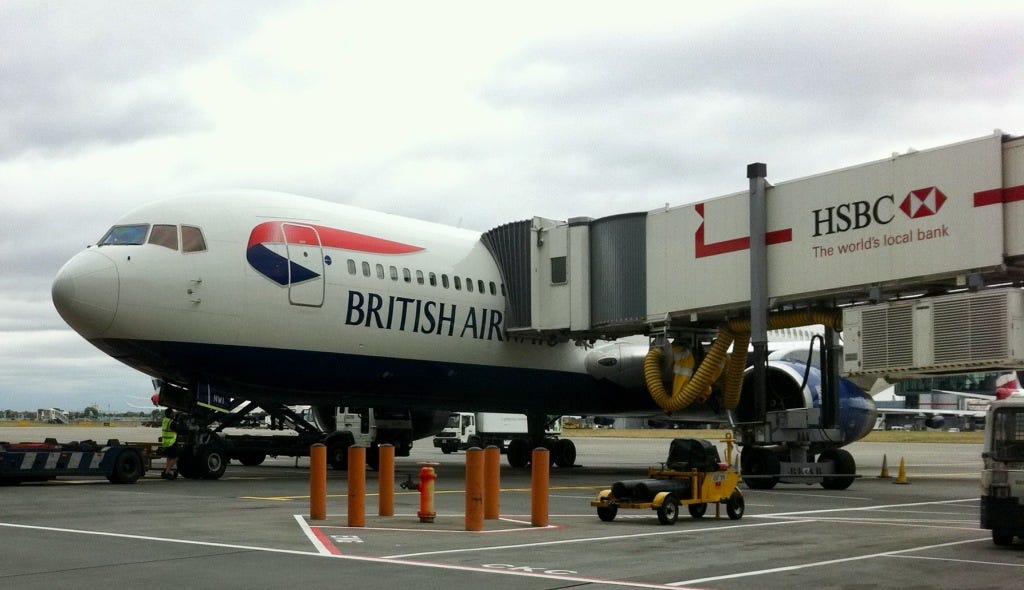The End Game: International Travel in a Post-COVID-19 World.
I am here in Australia, where thus far almost no one (relatively speaking) has gotten the virus, and as of this time only 102 people have died. The border was closed soon enough that very few cases are circulating in the wild, and they are tracked pretty well so long as the borders stay closed. But can borders stay closed forever? Social distancing coupled with track and trace might extinguish the virus domestically, but it is a big world and other countries are not as well-governed. Even if borders reopen with a 2-week quarantine period, which students and long-term immigrants might take, tourists will resist, and it will kill most short-term international business travel. So how does this end? Some scenarios are below:
An effective vaccine is found. Most people take it, the anti-vaxxers do not, but are in a minority. Everyone goes back to normal more or less. There is, to date, no vaccine, and many diseases never get one (common cold, HIV-AIDS e.g.), so while this is a hope, it doesn't seem like we should hang the whole economy on this.
A temporary vaccine is found. International travelers are required to take it on landing (or prove they have taken it in the last 2 weeks with a "vaccine passport"). Social distancing is relaxed. Many residents take the vaccine, but people tire of getting the monthly booster shots. It is ineffective. The virus sweeps through the population eventually. See (3 or 4).
Herd immunity. Enough people get the virus, and the survivors are immune. At this point, border controls are unimportant. This of course requires many people to get the virus, with a much larger loss of life than has been seen to date in Australia. However if everyone maintains social distancing, we can never get herd immunity, and thus will be vulnerable. At this time, there is no guarantee that getting the virus prevents getting the virus again a few months later, see (see 4).
The virus is just a perennial, like a cold or flu (without shots), that after the initial wave, continues to kill some people every year. Unfortunately, getting the virus does not necessarily confer immunity. Perhaps a less virulent strain evolves to be dominant, as the most virulent strains burn out, but it still kills people at a reduced rate. The level of death is tolerated.
Government imposes a quick virus test at the border. (And people cannot board planes, ships without a test). People with the virus are quarantined on entry. People without get through. The test is imperfect, with both false positives and false negatives. The false negatives spread the virus through the population (see 3).
Government gives up, and just reopens the borders. In this case, the virus sweeps through the country at some rate until either herd immunity is achieved (see 3), or the virus becomes perennial (see 4). People rightly question why the shut downs and borders ever took place. [I don't think this happens until after an election, because running on having shut down the economy and borders, and then reopening doesn't seem a political winner.]
Some countries are able to reopen their borders to other Herd Immune countries, because they have acquired Herd Immunity at significant cost to their population and now have no circulating cases. Other countries are able to join New Zealand and Australia's trans-Tasman no virus bubble because the virus was squashed, though the population remains vulnerable. These two groups can perhaps be allowed to mix carefully. This will take a long time.
It doesn't end. The borders are closed forever.
In short, there is no good end game except a quick version of scenario 1, an effective vaccine is found. This seems founded as much on hope as anything.


